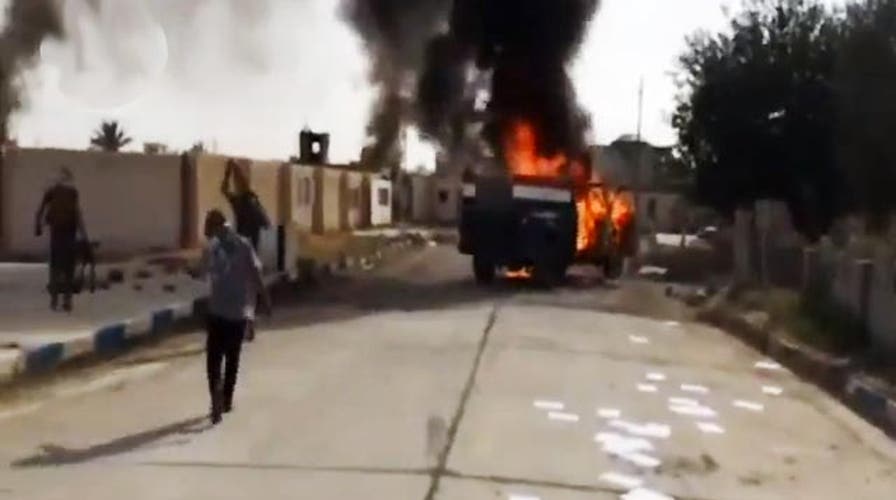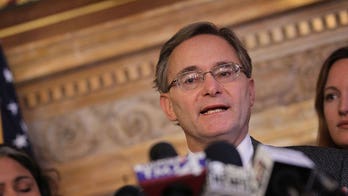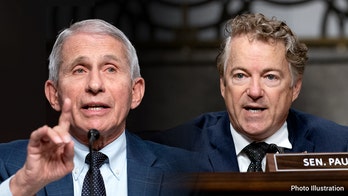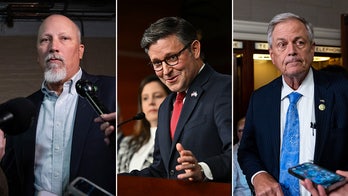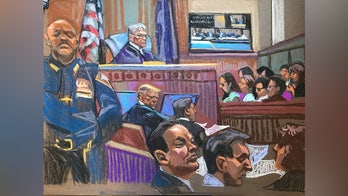Also...
Paper Bogeys On Phil Mickelson Story
As Iraq Faces Collapse, the Media Blackout of the War Abruptly Ends
Suddenly, Iraq is exploding again on our television screens.
Sunni militants have seized Mosul and Tikrit, two of the country’s most important cities, and are beginning to drive toward Baghdad. The Kurds have taken over Kirkuk. The prime minister has declared a state of emergency and is begging for U.S. help, including airstrikes. The president of the United States is addressing the situation.
Almost feels like 2007 all over again.
The media have long since checked out of Iraq. Even in the final years of U.S. involvement, the images of war all but faded from television and the newspaper stories moved to inside pages. The American public was sick of the conflict. Journalists were sick of the conflict, which was bad for ratings and circulation, not to mention expensive and dangerous to cover. The news seemed relentlessly depressing.
It’s hard to argue with war fatigue, given that the original justification for the war—Saddam’s WMDs—never materialized, and that we still have tens of thousands of troops in Afghanistan.
But now the Shiite government is in disarray, the country seems in danger of collapse and what was always a civil war is escalating by the hour. Iraq is back.
But with no more U.S. boots on the ground, how will the media cover the story? As a war in a place that claimed so many American lives, or as a finger-pointing political battle?
Now some cable pundits are demanding to know what the United States is going to do, and others are blaming the situation on President Obama. ABC's Jon Karl asked Jay Carney how this squares with the president's claim of decimating Al Qaeda, since the militants are linked to the terror group.
Of course, Obama ran in 2008 on a platform of ending the war, with public opinion having turned sharply against U.S. involvement. Obama tried to extend a remaining U.S. military presence in 2011 before the expiration of a withdrawal agreement negotiated three years earlier by George W. Bush. But Nouri al-Maliki wanted the Americans out, which was a popular domestic position.
The media seem poised to embark on a debate about what the U.S. should do now to shore up the fragile Baghdad regime. Obama said yesterday the administration is examining “all options.” But given the public weariness with Iraq, those options seem limited.
John Boehner said yesterday that the situation has been brewing for over a year “and what’s the president doing? Taking a nap.” But have I missed a major groundswell in Congress for renewed action in Iraq?
Given the incredible American sacrifices over nearly a decade, including nearly 4,500 deaths, it seems an absolute shame that all that hard-won progress might be lost. But given the deep ethnic and religious schisms there, I never had much confidence that the place would remain stable once the last U.S. soldiers left.
The media were largely over Iraq until the last few days. But that battered country has a way of forcing itself back in the news.
Paper Bogeys On Phil Mickelson Story
The New York Times put Phil Mickelson in the rough, and now it’s trying to help him dig out.
In what can only be viewed as a story-length correction, the Times is backtracking on its original report that tied the golfer to an alleged insider-trading scheme.
“Phil Mickelson, the famed golfer, did not trade in the shares of Clorox just as the billionaire investor Carl C. Icahn was mounting an unsolicited takeover bid for the company in 2011, say four people briefed on the matter.”
That, despite “recent reports in the New York Times and other news organizations.”
While Icahn and a sports gambler remain under investigation, says the paper,
“the F.B.I. and the Securities and Exchange Commission have found no evidence that Mr. Mickelson traded Clorox shares. The overstated scope of the investigation came from information provided to The Times by other people briefed on the matter who have since acknowledged making a mistake.”
Which means the Times made a mistake in relying on them.
Which means someone owes Phil Mickelson an apology.
